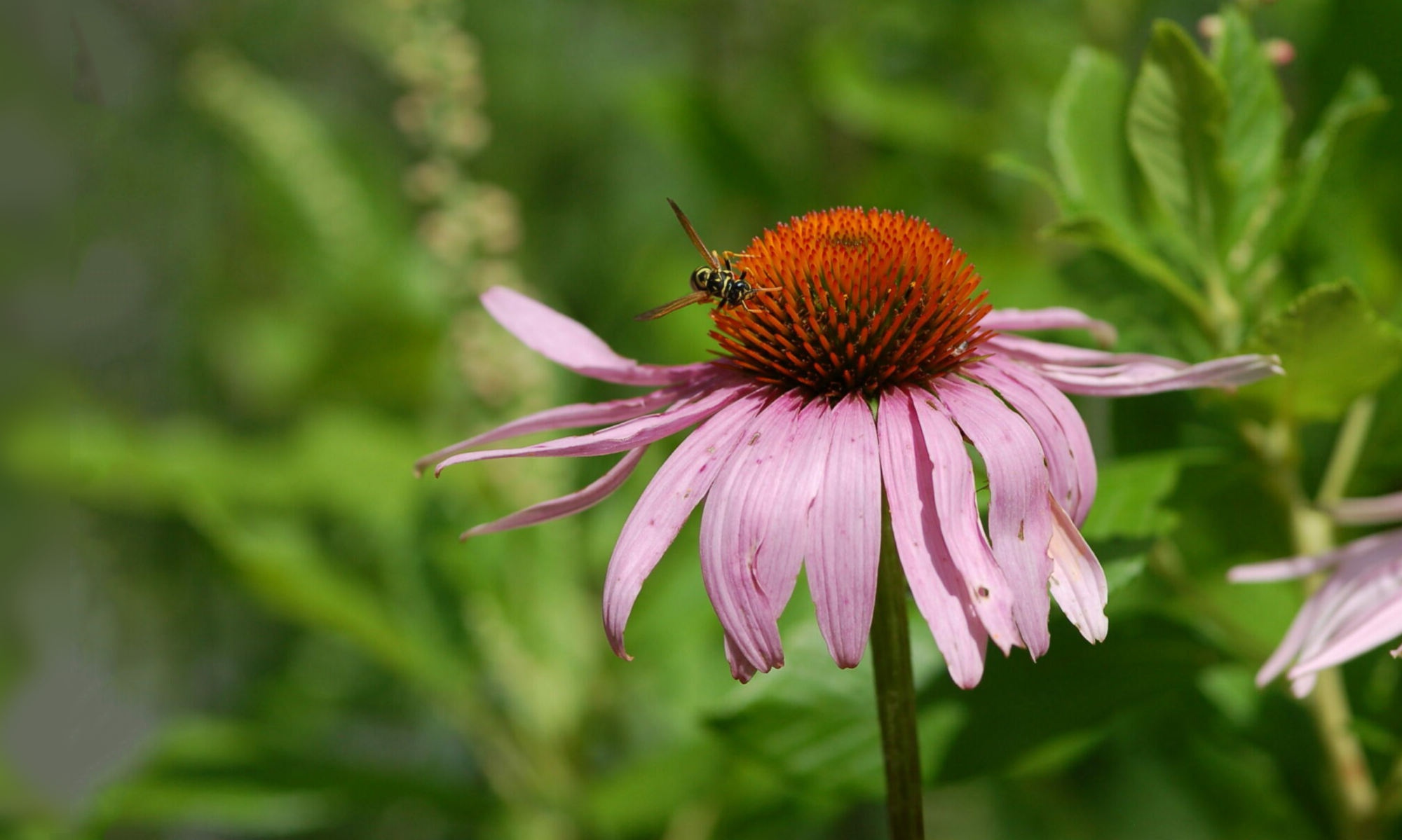People often ask me where I get ideas for book projects, and I tell them the truth: all over the place. In the woods. From my friends. Hanging on trees. I know this isn’t true for all writers, but for me, ideas are the easy part. It’s the next step that I find daunting: pursuing the scientists I want to write about and convincing them to help me tell their story. It takes tact and, to be honest, a level of persistence that is sometimes uncomfortable for me.
You see, to convince a publisher to offer a book contract, I need to assure them I’ve got access to all the information I need to make the book, for example, that the scientists I am writing about are on board. But the easiest way to get the scientists on board is to tell them I have a book contract. Which I usually can’t get until I convince them to get on board. It can be an awkward little dance, and for THE HIVE DETECTIVES, that dance began at the 2007 conference of the Eastern Apicultural Society.
I’d been researching the CCD story for months and learned that this conference was going to bring together a group of scientists pursuing various lines of CCD research. Despite the fact that I hadn’t even pitched the book to my publisher yet, I began spending the advance: I registered for the conference and set out for Delaware.
I heard Dennis vanEngelsdorp speak on the first day and although I hadn’t planned to approach him, found myself in an elevator with him and a few of his colleagues shortly after. I did a mental dash through my elevator pitch, marveled at the fact that I was actually going to give it in an elevator, took a deep breath … and decided not to say a word.
Hey, I never said I was good at this.
Back in my conference dorm room, though, I psyched myself up for a second chance. And then I made sure I got one. I found Dennis after another talk and told him about the book I was hoping to create for young readers. His response was enthusiastic, and he gave me the sort of inside information that is crucial at this stage in a book project: the names of some scientists I should talk to, and permission to tell them he’d sent me their way. And so, back home and with a book proposal well underway, I contacted Jeff Pettis, Maryann Frazier, Diana Cox-Foster and Dave Hackenberg. Thanks in large part to Dennis’ introduction, each agreed to be part of my project. Not long after, I got my book contract.
There followed an abundance of interviews, lab tours, apiary tours, and follow-up questions with the hive detectives. It was a lot to ask of men and women on the front lines of an international pollinator crisis—but these particular men and women happen to have not only a sincere passion for their work, but a dedication to sharing it. Thank you Jeff, Maryann, Diana, Dave, and Dennis. I appreciate every interview, tour, lesson, answered email, and borrowed photograph; THE HIVE DETECTIVES is a better book for all of it.

